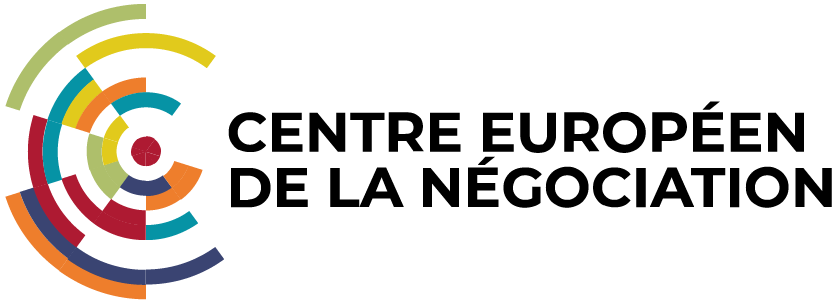Feature articles
-
In Secretive Oman Talks, U.S. and Iran Weigh a Fragile Peace Against the Brink of War
Written by Patrick Baaklini MUSCAT, Oman — In the cool, marbled corridors of a royal guest palace on the outskirts of Muscat, the future of the Middle East is being bartered in whispers and relayed through intermediaries. After a year defined by the thunder of aerial bombardments and the smoke of street protests, the United…
-
Trade Negotiations Under Pressure: How Nations Navigate Tariff Wars and Free Trade Agreements
by Patrick Baaklini An Era of Rising Protectionism At a time of resurgent protectionism and geopolitical realignment, trade negotiations have become more crucial and more complex than ever. The ongoing negotiations between India and the European Union over a Free Trade Agreement (FTA) offer a compelling case study in modern trade diplomacy, revealing how negotiations…
-
Defusing Aggression: Can You Apply the Buddha Method?
Aggression is not confined to the political or social spheres. Anyone can be confronted with it on a daily basis in professional negotiations or in their private life: faced with a complaint from a dissatisfied customer, a disgruntled colleague or a screaming teenager.
-
Confidence in negotiation: how to develop it and when to be wary of it?
By Michel Ghazal. For me, the two main qualities of a good negotiator are the ability to give the other person the real feeling of being listened to and the ability to gain the other person’s trust.
-
Negotiation, the art of living with others
Interview with Michel Ghazal by Violaine Gelly, Revue Psychologie. Negotiating isn’t just about sitting around a table to discuss a problem. It’s about trying, every day, to reach agreements with those around you,” explains Michel Ghazal.
-
Why can listening sometimes lead to a dialogue of the deaf?
For the past three months, it’s been hard for anyone to escape the news surrounding the “yellow waistcoats” movement. Just like in a play, we are almost at Act XIV and it looks like it will last until the European elections.
-
What you won’t read in How to negotiate successfully
When I read Getting to yes for the first time in 1981, I immediately realised that what I was holding in my hand was a real methodological breakthrough that would go on to become a milestone. In fact, Fisher and Ury’s book revolutionised the art of negotiation both theoretically and practically. Three things struck me…
-
Compromise or creative arrangement?
Interview with Michel Ghazal by Revue Négociations “The very essence of compromise: a situation that satisfies no one, but gives everyone the impression of knowing that the others were just as badly off as they were”. Trevanian in Shibumi
-
Why should we avoid hasty judgements?
By Michel Ghazal The more certain we are of our facts, the more the matter will seem to us to be settled, and the more difficult it will be for us to agree to momentarily put our judgement on hold and defer it. To achieve this, we need to negotiate with that inner voice that…
-
Are you a victim of decision-making bias in negotiation?
By Nicole Spitaleri, Consultant-coach How are our choices, which we think are free, conditioned and biased? How can the functioning of the two hemispheres of our brain be unbalanced and unknowingly impact the way we negotiate?










